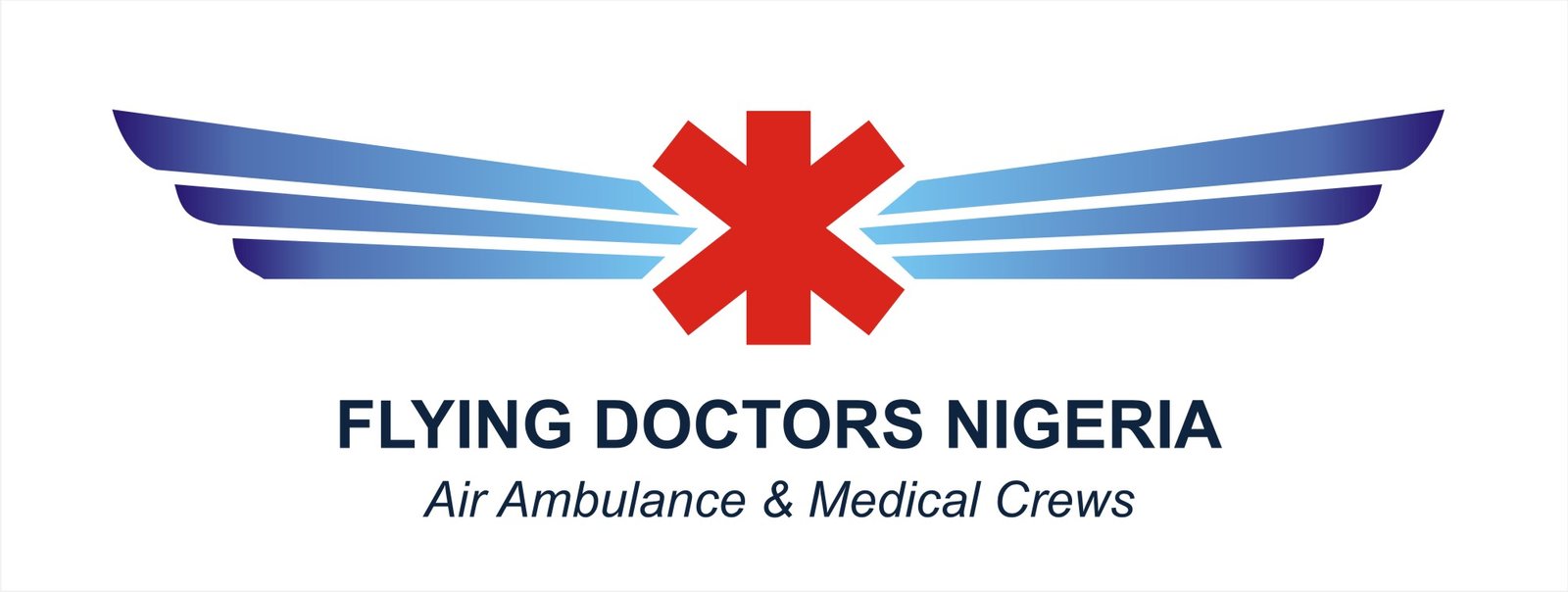
Oil companies are taking a hard look at the effects of employee health on overall corporate standing. Of special interest is the health of workers stationed in remote locations, such as offshore production platforms, where access to health care is limited.
A healthy work force not only saves money, but also increases productivity. The dangerous environment in which remote work is often performed can increase the frequency of accidents and illnesses. Particularly in the case of offshore petroleum operations, the difficulties of operating in such an environment may also mean that the workers’ accommodation are in close proximity to a hazardous workplace. Remote work also involves a hazardous commute to and from the site. And the use of extended shifts and rotations can be fatiguing.
It is now normal practice for operators to screen employees before offshore work. Typically, all workers are trained in safety and first aid, and medical and fire-fighting personnel receive specialized training. The medical facilities and personnel offshore may be supported using telemedicine, whereby diagnosis and treatment are assisted by doctors and equipment located onshore, with telephone and satellite links communicating voice, images, and readings from diagnostic equipment.
Remote care guidelines
A first responder, for example, must be qualified in six areas to work in a remote location: extrication and rescue, spinal immobilization, patient assessment, bandaging and splinting, cardiopulmonary resuscitation, and basic airway management.
An emergency medical technician (EMT) paramedic, however, must have additional skills involving cardiac arrest treatment, electrocardiogram (ECG) interpretation, medication therapy, advanced airway management, intravenous therapy, and pneumatic antishock garments.
The available medications should include: cardiac medications, antibiotics, antiemetics, analgesics, anti-inflammatories, muscle relaxants, antihistamines, decongestants, steroids, bronchodilators, analeptics, topicals, ophthalmologicals, otorhinolaryngologicals, and intravenous solutions.
Recommendations
- Companies operating at remote sites ensure that all workers are aware of the safety and health ramifications of remote work, and the appropriate responses to them.
- Particular care should be taken to provide appropriate counselling programs for workers.
- Lastly, special care should be taken with emergency planning, including the on-site and external provision of equipment, personnel, and training.
For more information on air ambulances, medical evacuation remote site services, please send email to fdnsales@flyingdoctorsnigeria.com

